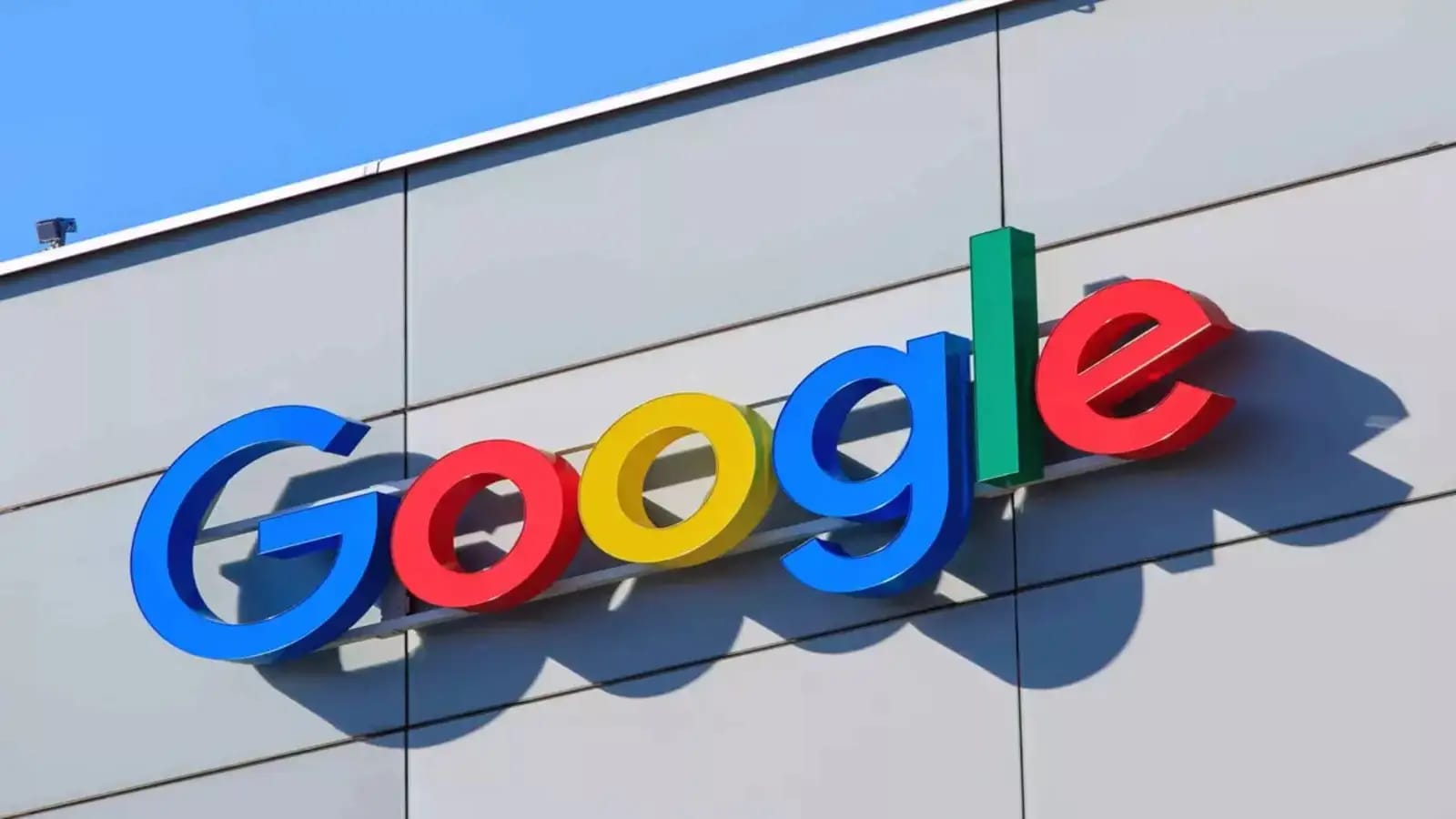In a landmark decision, the United States government scored a major victory against Big Tech. A federal judge ruled that Google’s digital advertising network operated as an illegal monopoly. This case marks one of the most aggressive antitrust actions taken against a technology company in decades. Let’s dive into exactly what happened, why it matters, and what comes next.
The Background: Years of Growing Concern
Over the last several years, regulators, advertisers, and competitors increasingly voiced concerns about Google’s dominance in the digital advertising space. Google controls both sides of the ad transaction: it owns the tools used to buy advertising space and the exchange where those transactions occur. Additionally, it owns the dominant platforms—like YouTube and Google Search—where those ads appear.
This “full-stack” control allows Google to set fees, manipulate auctions, and favor its own products over those of its competitors. Critics long argued that this created an unfair advantage and harmed advertisers, publishers, and consumers alike.
The Lawsuit: US Government and States Take Action
In January 2023, the U.S. Department of Justice (DOJ) and eight states, including New York and California, filed a lawsuit against Google. They accused the company of unlawfully monopolizing the digital advertising market. The government’s main argument stated that Google’s behavior suppressed competition, inflated ad costs for businesses, and reduced revenues for online publishers.
Specifically, the lawsuit highlighted a pattern of strategic acquisitions and internal practices:
-
2008 acquisition of DoubleClick: This move gave Google control over the ad server market.
-
2010 launch of AdX: Google created its own ad exchange and allegedly gave it unfair advantages.
-
Manipulation of auctions: Evidence showed that Google secretly tweaked auctions to maximize its own profits.
-
Forcing publishers to use Google’s tools: The DOJ demonstrated that Google made it nearly impossible for publishers to operate independently.
The Trial: Explosive Revelations
The trial, which began in late 2023, exposed several damaging revelations about Google’s conduct:
-
Internal emails revealed that Google executives knew their practices created conflicts of interest.
-
Testimonies from advertisers and publishers illustrated how Google’s dominance left them with no real alternatives.
-
Former Google employees testified that leadership deliberately designed its system to crowd out competitors.
Moreover, prosecutors presented internal documents where Google employees joked about having “insane market power.” These revelations painted a picture of a company that knowingly abused its dominant position.
The Verdict: An Illegal Monopoly
On April 17, 2025, U.S. District Judge Leonie Brinkema issued her ruling. She found that Google’s digital ad network violated antitrust laws by creating and maintaining a monopoly. Brinkema’s ruling stated clearly: “Google’s conduct over the past 15 years systematically undermined competition, extracted monopoly rents, and stifled innovation in the digital advertising ecosystem.”
Importantly, the judge rejected Google’s defense that its practices benefited consumers by improving ad efficiency. She ruled that Google’s actions primarily served its own profits at the expense of a healthy, competitive market.
Immediate Consequences: What Happens Now?
Following the ruling, the court ordered several sweeping remedies:
-
Breakup of Ad Tech Business: Google must divest key parts of its ad tech operations. This likely means spinning off its ad exchange (AdX) and ad server business (DoubleClick).
-
Restrictions on Future Acquisitions: Google will face strict limitations on acquiring any other advertising-related companies without regulatory approval.
-
Increased Transparency: Google must disclose more information about its auction practices and allow third-party audits.
Additionally, the DOJ announced plans to monitor Google’s compliance with these new rules for at least ten years.
Google’s Response: Fierce Pushback
Unsurprisingly, Google pushed back hard against the ruling. In an official statement, Google’s Chief Legal Officer Kent Walker called the decision “deeply flawed.” He argued that breaking up Google’s ad tech business would harm the broader internet economy and reduce innovation. Google immediately announced plans to appeal the ruling, setting the stage for a prolonged legal battle.
Meanwhile, Google’s stock price dipped nearly 7% in after-hours trading, reflecting investor concern over the uncertainty ahead.
Broader Implications: A New Era of Antitrust Enforcement
This ruling sends shockwaves through the tech industry. Regulators worldwide now have a powerful precedent to challenge the dominance of tech giants. It also signals a new, more aggressive chapter in U.S. antitrust enforcement. Other companies like Amazon, Apple, and Meta, already under scrutiny, could face similar lawsuits soon.
Moreover, smaller ad tech firms and independent publishers see this ruling as a victory. They hope it will level the playing field and open up new opportunities for competition and innovation.
A Turning Point for Big Tech
In conclusion, the ruling against Google marks a historic moment in the fight to rein in Big Tech’s power. The decision not only disrupts Google’s lucrative advertising empire but also reshapes the future of internet business. As the appeal process unfolds, all eyes will remain on the courts to see whether this new wave of antitrust enforcement truly sticks.




